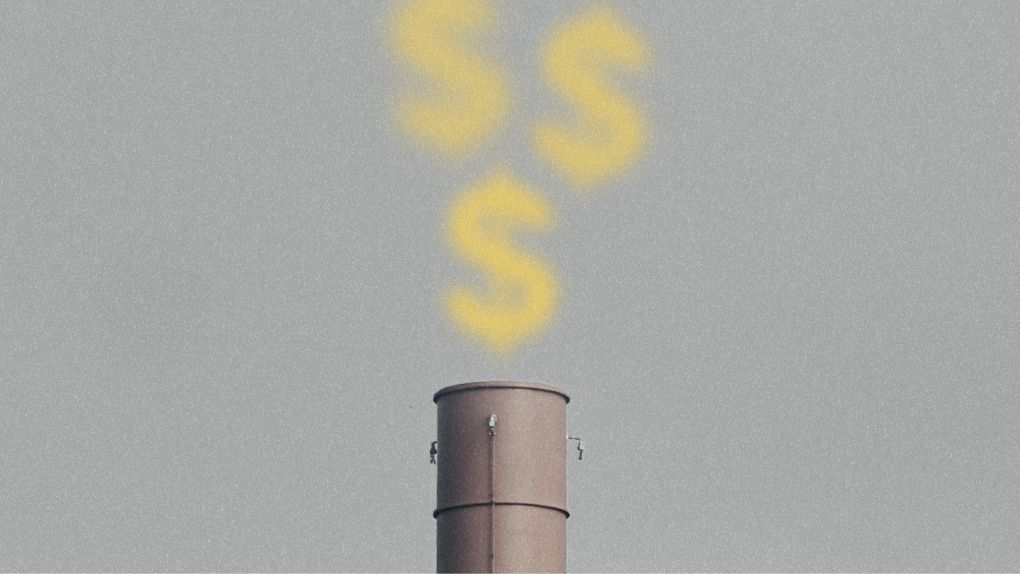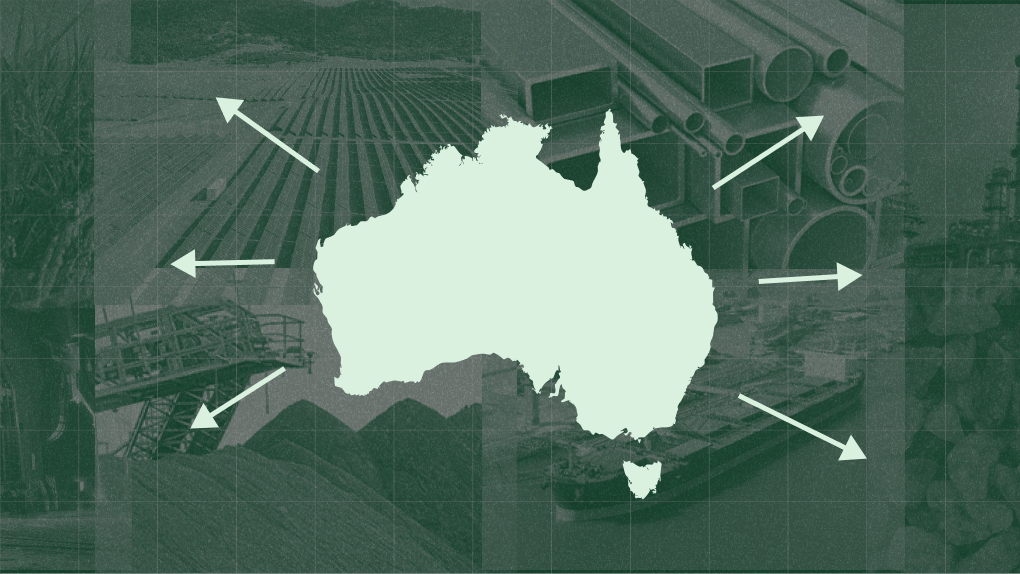Woodside CEO Meg O'Neill recently said that customers wanted green fuel, but they didn't want to pay much extra for it. Quite right: they should not have to pay more for green rather than fossil fuel-based products.
Governments around the world have identified fossil fuels as the primary cause of warming our planet. You can disagree with this view, but you must recognise that puts you in a very small minority. In economics the use of fossil fuels is therefore associated with a negative externality, which is the damage they cause to our environment. And basic economics suggests that those causing the damage should pay for this via a price on carbon.
Consumers should not pay more for green products; instead, those causing the damage to our environment should pay. And if they did, many green products would be cheaper than those produced using fossil fuels and so would be preferred by customers. Whether they are only relatively cheaper or absolutely cheaper depends on what is done with the proceeds of the carbon price, which is effectively a transfer from those producing fossil fuels to the rest of the community. Problem solved.
Not quite. Many governments want to reduce emissions but do not want to put a price on carbon to achieve this objective. While some countries have put a price on carbon, there is certainly no world carbon price.
This leads us to the government's hydrogen incentive. The government has been criticised for providing $4bn for the Hydrogen HeadStart Program, and a $2/ kg incentive for green hydrogen production. This is seen as industry policy and/or protectionism by many economic commentators. This is lazy and inaccurate commentary.
Australia needs hydrogen for its chemical properties, to make green iron, green fertiliser and green transport fuels. Exporting hydrogen is expensive; the key point is we need to use hydrogen here as a key input to a potentially thriving green export industry that can help reduce global emissions significantly.
Many international studies have said that one of the best places in the world to make green iron, green fertiliser and green transport fuel is in Australia. This is because of the huge amounts of low-cost renewable energy we have relative to our population, particularly in the northern half of Australia, and the extent of land we have for biomass that is not otherwise used for agriculture. Green fertiliser and transport fuels need a source of sustainable carbon and Australia is extraordinarily well placed to provide this.
In light of this evidence, and considerable investor interest, the government has two options: do nothing, or provide an incentive that makes up for the lack of a world carbon price for these green export products. That the government has chosen the latter is to be applauded, not criticised, especially by those wanting the government to pursue a growth agenda.
The government will be bringing out more policies to assist the establishment of green metal and green transport fuel exports, which should also be applauded.
To criticise this support as a return to failed industry policy and protectionism is lousy economics. The support that should be criticised is the lack of a carbon price on fossil fuel. This represents a huge subsidy to fossil fuels and a massive distortion of economic activity. Economic commentators should be focusing on this anomaly, rather than criticising the government for trying to correct it.
There are two final points to make.
First, the government has put its assistance for hydrogen, and green energy-intensive exports generally, under the heading of a Future Made in Australia, where assistance can be seen as being provided simply to make more things in Australia. The clear logic that underpins support for the green energy exports - creating a level playing field in a world where carbon-based products do not pay for the damage they cause - gets confused. While there may be a messaging problem, surely commentators with sound economics can work through the various arguments in a logical way.
Second, I think it is fair to say that the test of the seriousness with which governments want to tackle climate change is whether they embrace a price on carbon. The good news is that governments are increasingly doing this, but not quickly enough. The pushback against the hydrogen incentives, and Meg O'Neill's comment, illustrate well the difficulty of addressing climate change without a carbon price. Governments need to get serious about climate change. They can't expect companies to solve a problem they are not willing to act on.
Rod Sims
Chair, The Superpower Institute
Rod Sims AO is a Professor at ANU, Chair of Opera Australia and Chair of the National Data Advisory Committee. He previously chaired the ACCC (2011-2022), served as Deputy Secretary (Economic) in the Department of Prime Minister and Cabinet, and Principal Economic Adviser to PM Bob Hawke (1988-1990).
Rod Sims AO is a Professor at ANU, Chair of Opera Australia and Chair of the National Data Advisory Committee. He previously chaired the ACCC (2011-2022), served as Deputy Secretary (Economic) in the Department of Prime Minister and Cabinet, and Principal Economic Adviser to PM Bob Hawke (1988-1990).




